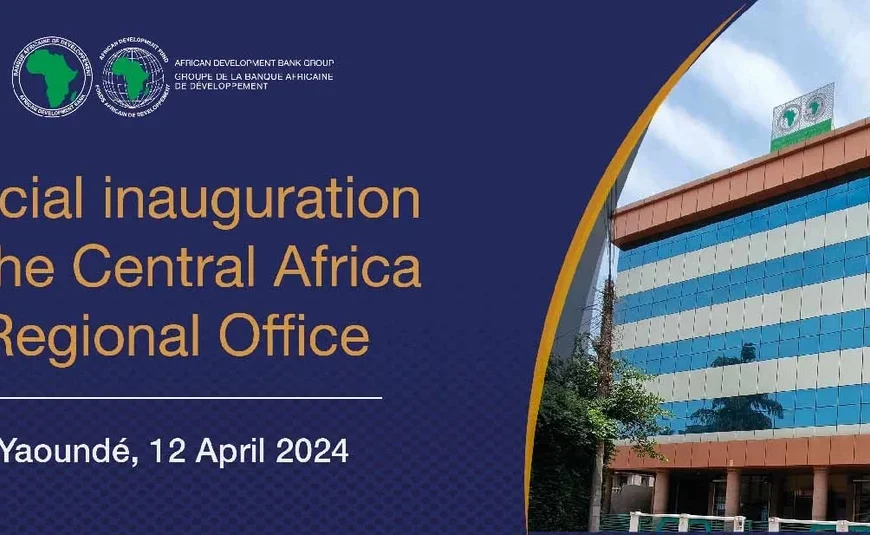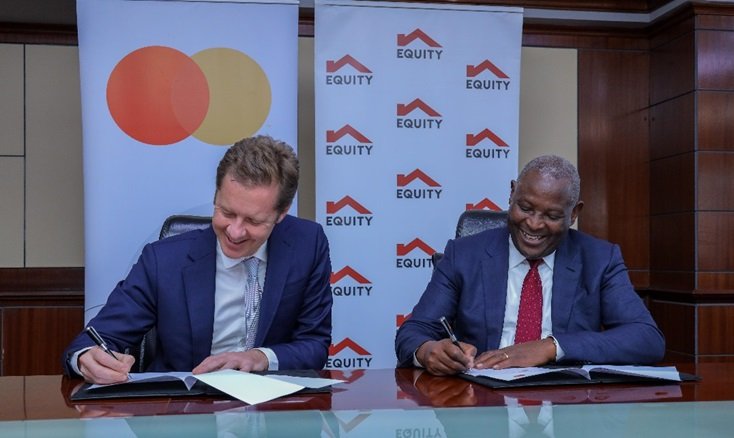

Association of Rural Banks (ARB) renew calls for corporate tax rate to be reduced to at least 15%
The Association of Rural Banks (ARB) has renewed its calls and appeals to government to reconsider a reduction in the corporate tax rate for rural and community banks.
Corporate Tax Rate for the RCBs has been increased from 8 percent to 25 percent since 2016 – which means a quarter of their profits go to the state; a situation that keeps affecting their operations.
Leadership of the ARB have complained that the hike in the rate has hampered the development role of the RCBs especially in its corporate social investments and responsibilities – provision of basic infrastructure, financial and material support to individuals and institutions.
“…even though we have been speaking about it since 2016, we are still pleading with the government because the corporate tax from 8 to 25 percent is too much,” Executive Director for the association, Comfort Owusu, said.
We are still appealing to government to come to our aid by reducing the tax may be to about 15 percent”.
National President, Kwame Owusu Sekyere Esq, says their woes are compounded by the suspension of dividend payment which has stalled the increase in stated capital of some RCBs.
“…we are maintaining the appeal to the Government to re-consider the downward revision of the corporate tax rate for the RCBs to enable them to live up more visibly to their development responsibilities.”
He continued that, “We wish to appeal to the BoG to allow the provision for the payment of dividend in Act 930 to prevail since internal capital accumulation has been substantial during the suspension period.”
Owusu Sekyere and Comfort Owusu reiterated this during the 8th National Rural Banking week celebration of Association of Rural Banking Ghana held in Ejisu of the Ashanti Region.
It was under the theme, “The Resilience of Rural and Community Banks in the Covid-19 Pandemic Era,”
Head of the Other Banking Supervision at the Bank of Ghana, Yaw Sapong, want key stakeholders in the rural and community banking industry to use their various strengths to build appropriate synergies for the sector.
“I am referring here to the individual banks, the Association of Rural Banks and the ARB Apex Bank. Leverage on your individual and collective strength to advance the industry.
In particular, I employ the Association of Rural Banks to hold its members to acceptable ethical and performance standards.”
He says the Bank of Ghana will continue to play its role to enhance and support the growth of rural and community banking in Ghana.
Collaborations
The leadership of the ARB Apex Bank PLC says one of its main strategies to deploy from 2022 is deepening the collaboration between itself and the Association of Rural Banks.
Acting Managing Director, Alex Awuah, says there is the need for greater collaboration at events and other public platforms to reflect the strength of our partnership.
“As we are all aware, the ‘ARB’ in our name is the short form of Association of Rural Banks, the official advocacy body of the RCBs in the country. We therefore view the Association as the first level partner in all our dealings, because we know that without the Association of Rural Banks, there would be no ARB Apex Bank PLC.”
“We have therefore resolved to engage more and ensure that our programmes and activities, especially our public engagement and visibility projects are more consultative to help our member banks derive the optimum benefits.”
Again, greater collaboration between ARB Apex Bank PLC and the Association of Rural Banks would give true meaning to the motto of ARB Apex Bank and the RCBs, which is: “TOGETHER FOR PROGRESS.”
Progress in the RCB
The number of rural and community banks now stands at 147 with the licensing of two new banks, with nearly 900 branches, according to the Bank of Ghana.
He observed that this development has enhanced customer reach, employment avenues, technology deployment, and has led to improved delivery of financial services within our local communities.
“Our quest to build strong rural and community banks must therefore be footed on sound and effective corporate governance that promotes transparency with stakeholders, ensure ethical behaviours, protection and judicious use of corporate assets and instituting appropriate internal controls and systems,” Mr. Sapong said.
Meanwhile, the rural banking concept has gone through a turbulent path from the initial period of introduction.
However, due to periodic policy shifts and reforms by the BoG, various supportive intervention initiatives by successive governments, strategic planning by Boards and Management, loyalty and commitment by staff and confidence of the public, have steadily turned the fortunes of RCBs.
The ARB says it is the responsibility of all stakeholders to ensure that the RCBs provide financial intermediation to communities to stimulate economic initiative, thereby promoting an enhanced standard of living of the people.
“…measures that would make the RCBs more resilient to stay above-board any contingent events, that may be detrimental to normal operations.”















